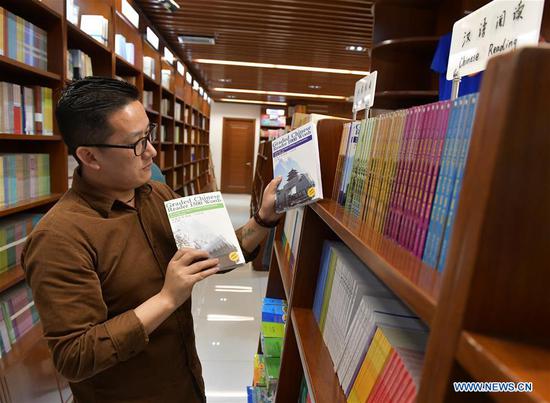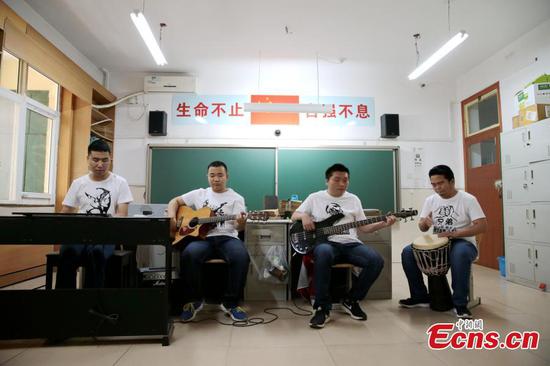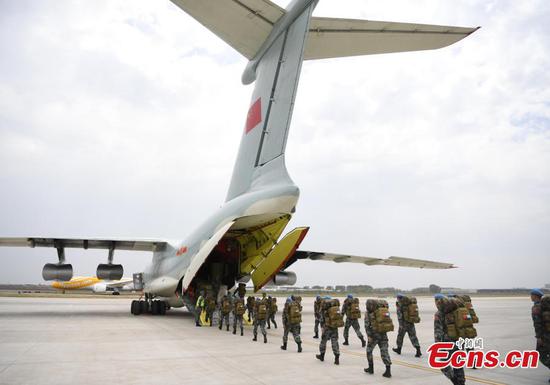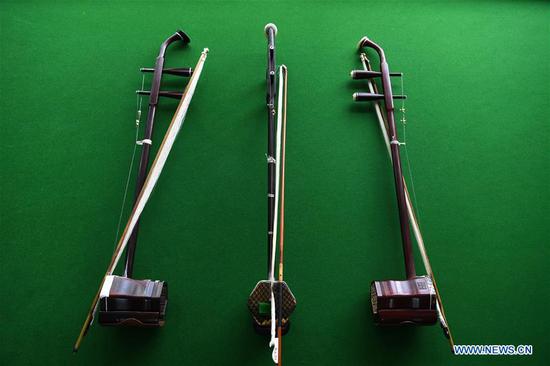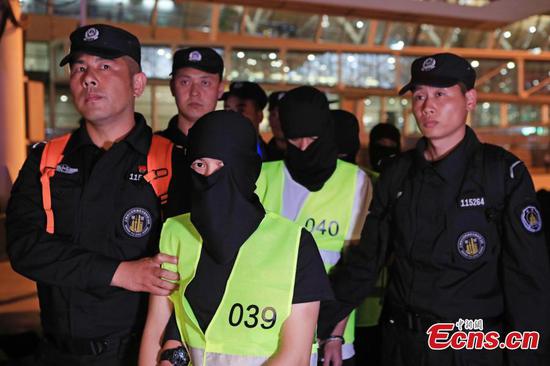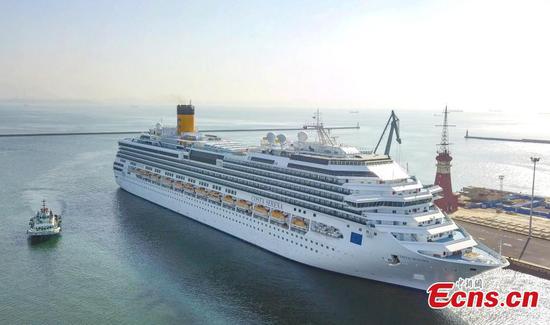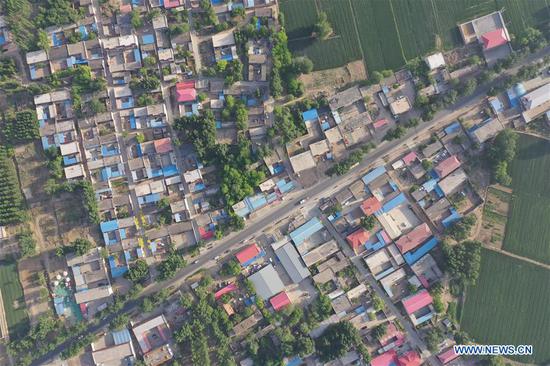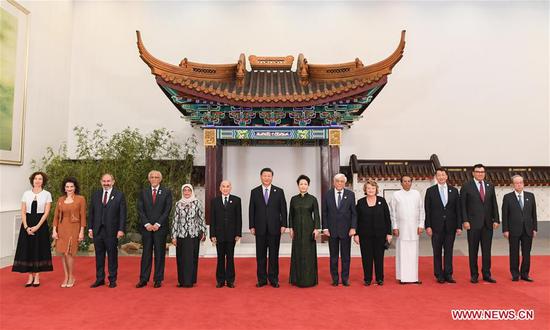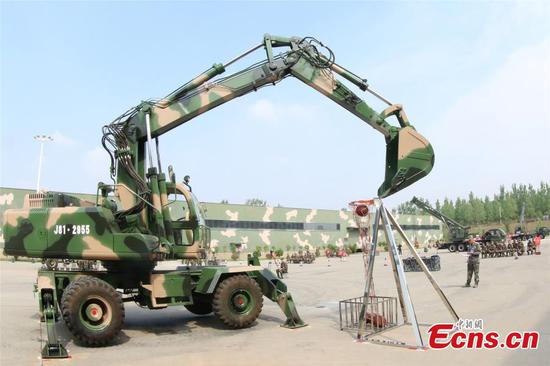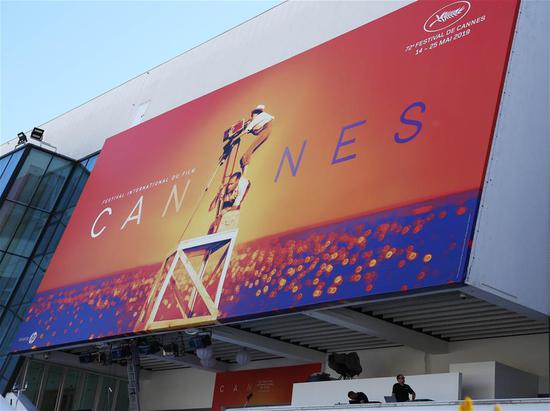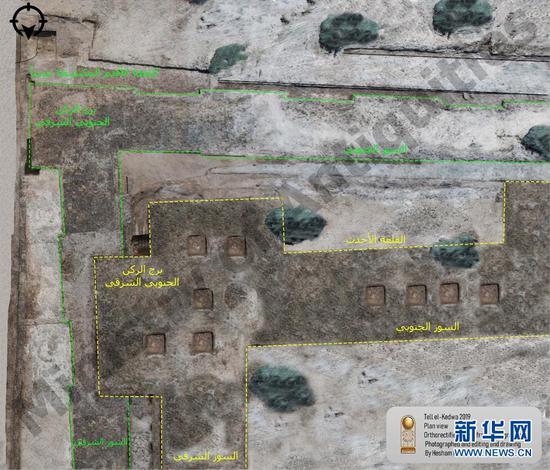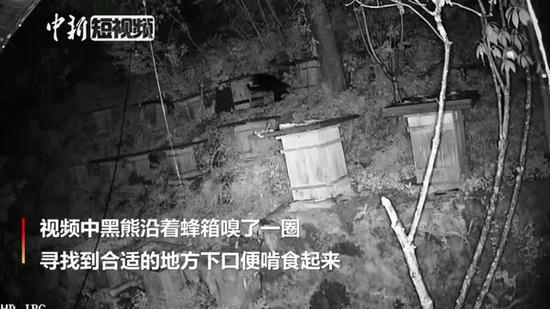The U.S. House Aviation Subcommittee are meeting Wednesday to review the status of the Boeing 737 MAX jet amid reports that senior officials at the Federal Aviation Administration (FAA) did not participate in or review the airplane's flight-control system, now believed to be at least partially responsible for two fatal crashes.
Boeing reportedly didn't note the potential risk of the Maneuvering Characteristics Augmentation System (MCAS) in causing a crash, The Wall Street Journal reported on Wednesday.
Flagging the hazard would have led to a closer review of the system, the newspaper reported, but instead the FAA deferred to Boeing engineers, and federal regulators offered little oversight.
"It's always best to have two independent parties in a certification process," John Cochran, president of Eaglemark, an aviation consulting firm, told China Daily. "You don't want collaboration or bias. I think there will be an in-depth study of the certification process to determine if the FAA is handling things the way they intended. The MCAS and the FAA's oversight both need to be fixed. It may be a case of the FAA not having the needed personnel."
The FAA didn't respond to a request for comment.
The report is expected to be raised when Daniel Elwell, FAA's acting administrator, and Robert Sumwalt, chairman of the National Transportation Safety Board, testify before the House Aviation Subcommittee in Washington.
Boeing MAX jets were grounded worldwide following crashes March 10 in Ethiopia and Oct 29, 2018, in Indonesia that killed a total of 346 passengers and crew. Preliminary investigations suggest the aircrafts' MCAS, or automated anti-stall device, forced the noses of the Lion Air and Ethiopian Airlines flights down and into a fatal plunge when it erroneously determined the aircraft were about to stall.
It is unclear what information Boeing shared with the FAA when the MAX jet was under review or if federal regulators conducted any independent tests. The FAA conducted an administrative review in March but didn't conclude Boeing had intentionally provided incorrect data or had attempted to circumvent certification rules.
Critics of the FAA's certification process in the U.S. and abroad believe federal regulators delegated too much authority to Boeing when certifying the 737 MAX as safe to fly.
Boeing is expected to spend about $1 billion to upgrade the software and install it in MAX jets worldwide. The planes aren't expected to return to service until mid-to-late August at the earliest.
There are about 400 MAX jets in service worldwide, including about 97 in China. Boeing has met with Southwest, American and United — the U.S. airlines that fly the 737 MAX — and European carriers to discuss safety and software updates.
The pilot or co-pilot can turn off the MAX 737's automated system by pressing a button on the center console. But some pilots in the U.S. have said Boeing didn't fully inform them about the system. In response, a group of pilots developed an ad hoc manual explaining its use and circulated it among pilots who flew the jets.









